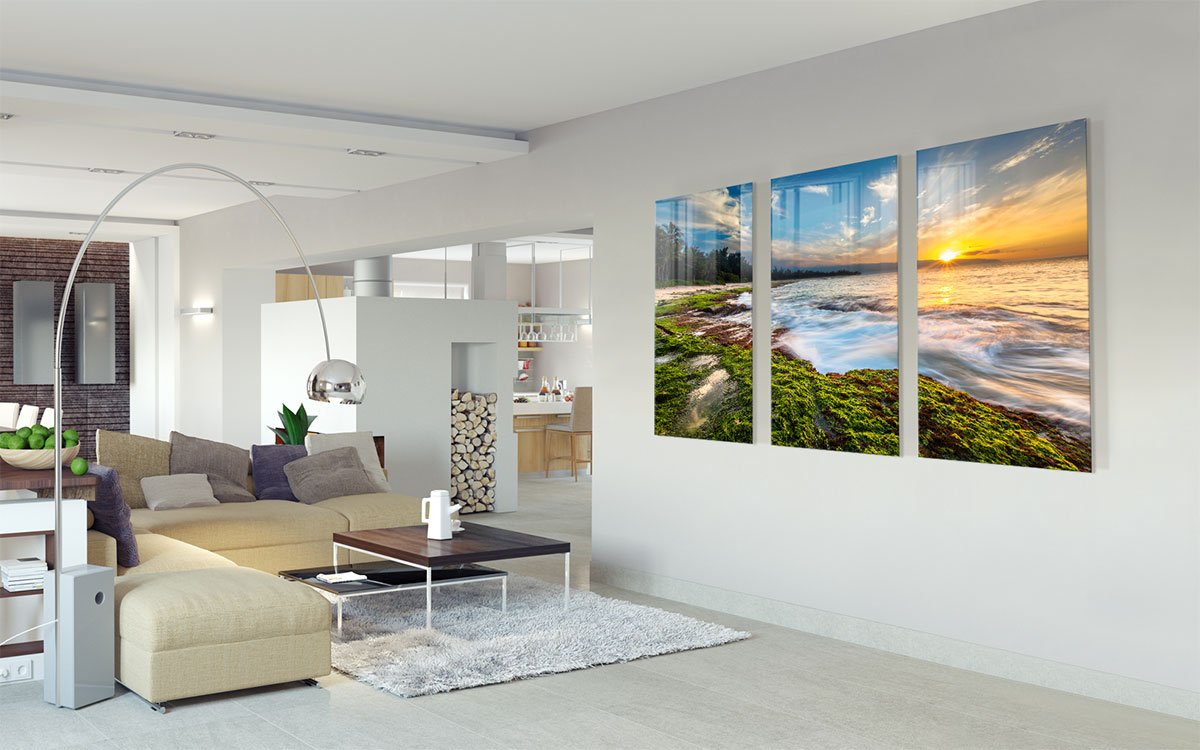Glass walls are very beautiful and sophisticated, much sought after by people who want a more elaborate project, which makes the integration between external and internal environments in a special way.
Glass is ideal for integrating spaces of surrounding nature with the internal environment, allowing views of a very beautiful landscape, conveying a feeling of well-being and freedom, in addition to conveying the impression of expanding the space where it is installed. There are two basic ways to use glass walls that guarantee people’s privacy:
· Through glass blinds;
· With the use of semi-translucent glasses.
One of the biggest precautions that must be taken with the use of glass walls is related to privacy and security. They should only be installed in places that will certainly not be accessible to outsiders. The ideal is that they are turned to nature or to the leisure area, such as a swimming pool, beach houses, gardens and barbecue facilities.
Glass walls are very special pieces for projects that want to use natural light. But, for this attraction not to become a disadvantage, it is necessary to know exactly where to use the structure. A classic example is installing glass walls in environments with a TV. Surely, the brightness will become an inconvenience.
There are some tips to filter out the light and excess heat that can be a result of installing glass walls, such as, when choosing a glass wall art
· The use of blinds is very cost-effective for the customer;
· For total light interruption and heat relief, it is suggested to place a blackout fabric on the wall;
· Make the creation of borders with an optimal level of depth;
· Design screened in porches for the glass wall.
Glass wall in the living room!
Glass wall in the kitchen!
Advantages and disadvantages!
living room glass wall
kitchen-glass-wall-1
One of the main disadvantages of glass walls is maintenance. As they are in contact with the external environment, the glass walls suffer from the accumulation of dirt, the action of the sea air, contact with rain, dust, etc. Therefore, it is necessary to make an honest assessment of the investment that will be made to keep the structure always clean.
Glass can also have acoustic disadvantages. Depending on the thickness, they can allow unwanted noise to pass through, making the environment noisy and unpleasant. To avoid disturbances, it is better to order acoustic or double glazing, with more glass panes, but these tend to be more expensive.
One of the great advantages of glass walls is, without a doubt, structural. When compared to precast walls and brick walls, glass is much lighter. The weight of a glass wall is usually 1/12 or 1/7 lighter when compared to another type of structure. The structural advantage of glass means reduced expenses with the foundation of the work.
When glass is sought to increase the natural lighting of the environment, it also saves electricity. In social environments of a residence, for example, the savings are usually very large.
In house designs for colder environments, glass walls create thermal balance, as the incidence of sunlight warms the interior of houses.
In Brazil, customers must be very careful. Even with all the protections, as the climate in the country is very hot, the incidence of sun can be intense and make the room in the house too hot. In this case, prefer some more modern glass structures, which filter heat and make the environment cooler.
These types of glass, which absorb sunlight, can provide thermal insulation of up to 30%. When used with other thermal insulation technologies for glass walls, the reduction in the effects of sunlight can reach the 70% mark. The only downside to so much technology is the investment the customer has to make to have a glass wall capable of offering so many methods of temperature control.

Leave a Reply